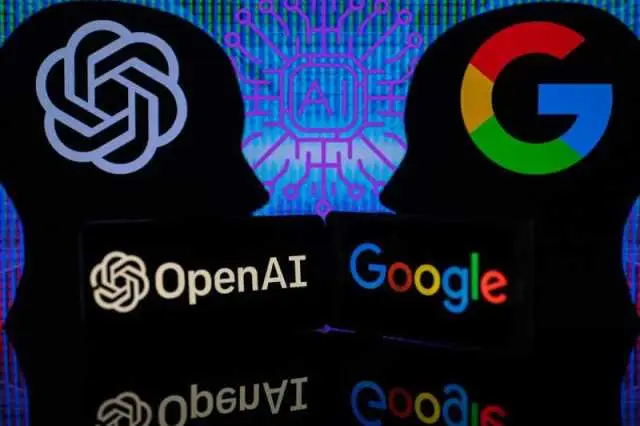Canadian AI startup Cohere has secured $500 million in funding, valued at $6.8 billion. Joelle Pineau, former VP of Meta FAIR and a key promoter of PyTorch and Llama, has joined as Chief AI Officer, potentially ushering in a new era in the enterprise AI landscape.
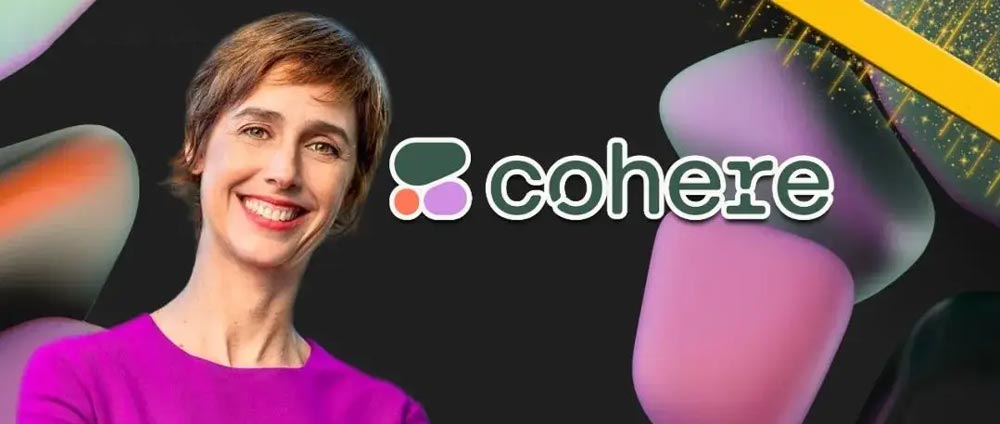
According to the latest news, AI startup Cohere has secured $500 million in funding, bringing its valuation to $6.8 billion.
The round was led by Radical Ventures and Inovia Capital and was oversubscribed.
Other existing investors included AMD Ventures, NVIDIA, PSP Investments, and Salesforce Ventures, while new investors included the Ontario Health Care Pension Plan (HOOPP).
The AI lab also announced the appointment of Joelle Pineau, former VP of AI Research at Meta, as its newly created Chief AI Officer.
Pineau, also a professor at McGill University, previously led Meta's Foundational AI Research (FAIR) lab and left Meta in May of this year.
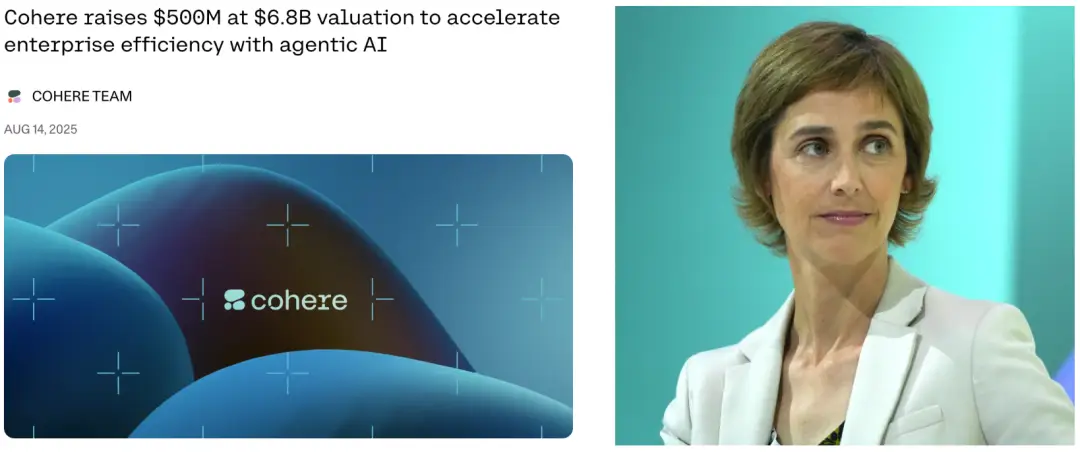
Cohere is a Canadian AI startup founded in 2019. Its founders are primarily the same individuals who previously researched the Transformer architecture at Google Brain: Aidan Gomez, Ivan Zhang, and Nick Frosst.
All co-founders attended the University of Toronto—yes, Hinton's alma mater.
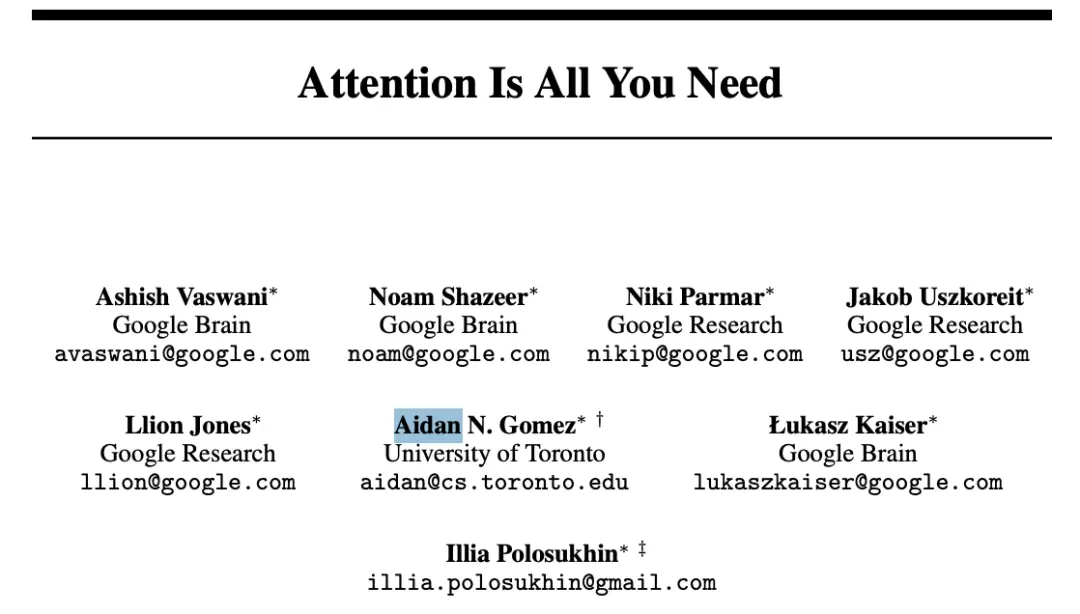
Cohere is headquartered in Toronto, with offices in San Francisco, Montreal, London, and New York.
They specialize in large models, but aren't interested in building an OpenAI-style consumer chat app to flex their muscles.
Instead, Cohere is focused on serving enterprises, particularly those in the financial, healthcare, manufacturing, energy, and government-regulated industries with specific security and privacy requirements. Examples include Royal Bank of Canada, Oracle, Dell, Fujitsu, and LG.
Its main products include Command (for tasks such as text generation, summarization, and classification), Embed, Rerank, North, and Compass, as well as the CommandR series or North platform, which focuses on reducing "hallucinations."
The results suggest they are thriving in the "enterprise AI" space:
· The company has been named to the Forbes AI 50 for four consecutive years;
Revenue is growing rapidly—its annual revenue is projected to reach $100 million by mid-2025;
They prioritize customized models over blindly pursuing large models, a somewhat realistic and reflective stance in the increasingly popular AI landscape.
Cohere also has a nonprofit research organization, "Cohere for AI," led by Sara Hooker, that focuses on improving model training efficiency and data quality.
It also promotes open access to serve diverse language communities, such as the Aya language model project, which supports non-Western languages.
Before leaving Meta, Pineau wrote a short essay that sparked community speculation. As expected, Zuckerberg soon began his Silicon Valley poaching campaign.
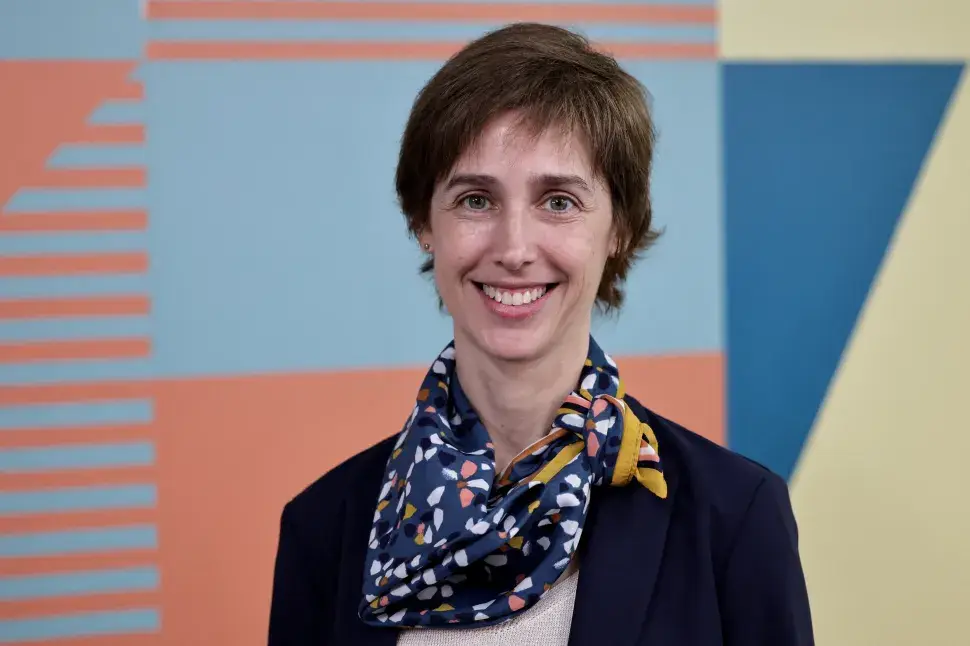
Who is she?
Joelle Pineau is a Canadian computer scientist, born in Ottawa in 1974.
She is an associate professor at McGill University and a core researcher at Mila (Quebec Institute for Artificial Intelligence).
Joelle Pineau has a solid academic background: a bachelor's degree in systems design engineering from the University of Waterloo, and a master's and doctoral degree in robotics from Carnegie Mellon University (under the supervision of Thrun and Gordon).
She joined Facebook (later renamed Meta) in 2017 and founded an AI research lab in Montreal.
In 2023, she was promoted to Vice President of Artificial Intelligence Research, overseeing Meta's Fundamental AI Research team.
Under her leadership, many star technologies have emerged in Meta's open source ecosystem: PyTorch, FAISS, Roberta, DINO, Llama, SAM, Codegen, Audiobox, and more.
In particular, she and Yann LeCun jointly drove the early development of the now-renowned Llama series.
In April 2025, she announced on LinkedIn that she would officially leave Meta on May 30th. The announcement was low-key, but the timing was crucial: it came just days before the release of Llama 4.
She said she wanted to "create space for others to work on it," and then "observe, reflect, and prepare for the next adventure."
In the internet era, there was the PayPal Mafia: a group of people who emerged from PayPal and went on to dominate Silicon Valley.
In the AI era, there are also local mafia—a group of AI godfathers gathered at the University of Toronto, forming the "Canadian Mafia."
Hinton, Bengio, and LeCun—this group quietly honed their skills until deep learning took off, and they unleashed a powerful force on the AI world.
It seems that in the end, Joelle Pineau decided to find the "local mafia" in Canada.


